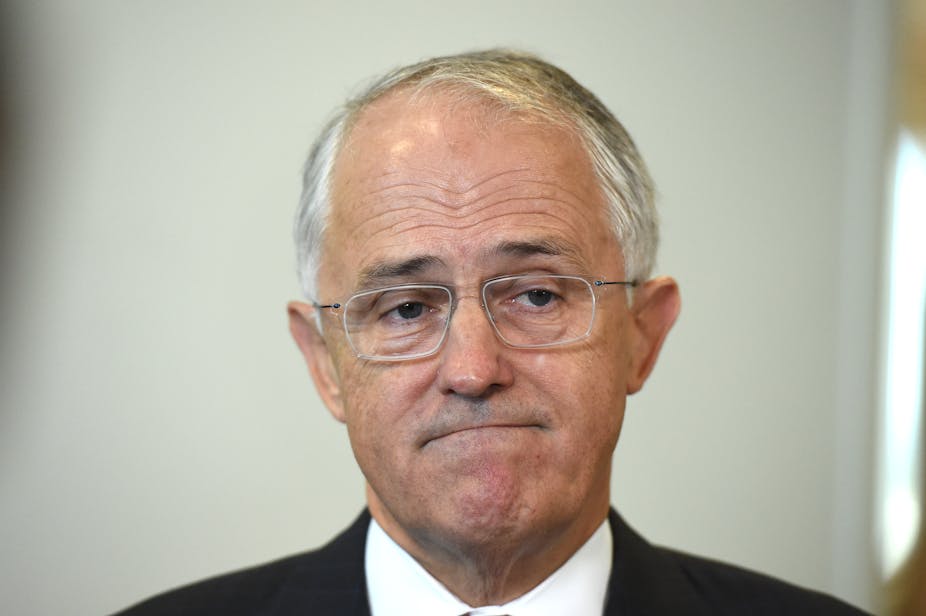Prime Minister Malcolm Turnbull has said the budget will contain the government’s tax policy, and questioned whether the benefits of increasing the GST would be worth the difficulties of doing so.
As he takes personal control of what has become an internally divisive debate for the Coalition, Turnbull outlined a broad timetable for announcing the details of the government’s tax reform plans. The policy would be set out in the budget, with announcements likely beforehand; further proposals might be put forward in the election run-up.
The May budget “will be the government’s economic platform, the government’s tax platform”, Turnbull said. The government would “likely make announcements between now and then”.
“Depending on the timing of the election, there may be other proposals raised … planks in an election platform presented subsequent to the budget.
"But the budget will, as it does every year, set out the government’s economic blueprint for the year ahead.”
The Abbott government had said there would be a tax green paper with options, followed by a white paper. Turnbull noted that a white paper was where a government set out its policy on a particular topic. “Given we’re so close to the budget, the budget will be, for all practical purposes, the white paper.”
In remarks that will give comfort to backbenchers worried about the electoral consequences of embracing a GST increase, Turnbull highlighted the problems of that course.
He said the government in its tax reforms was not going to raise more tax overall and the changes had to be fair and drive jobs and growth.
The argument had been made that the GST could be raised and the money used to reduce income tax, he said.
But the problem was that, to make the switch fair, pensioners and other low income people would have to be protected, which would amount to “a lot of compensation”. The question would be, after doing that “are we getting a productivity benefit, a growth dividend that justifies the trouble and expense, complications of making the change? That’s why it’s a detailed matter that’s got to be looked at very carefully.”
Turnbull agreed with the states that more money needed to be spent on health – but said they should take greater responsibility for raising the revenue. Some of the most efficient tax bases in Australia were state tax bases like land tax and payroll tax, he said.
The states had to be prepared to go to their citizens and say they needed more money for schools and hospitals and that they were going to increase this or that state tax. “Now when you say that to them, they don’t want to do it. They recoil at the political horror and say no, the federal government should do it,” he said.
“They say, ‘oh, that would be politically difficult’ and you say ‘well .. you are asking us to put up the GST. Do you reckon that is politically easy?’”
Asked about a report the government was preparing to scrap an expensive rise in compulsory superannuation, Turnbull said: “The government has got no plans to change the rise in compulsory super”.

